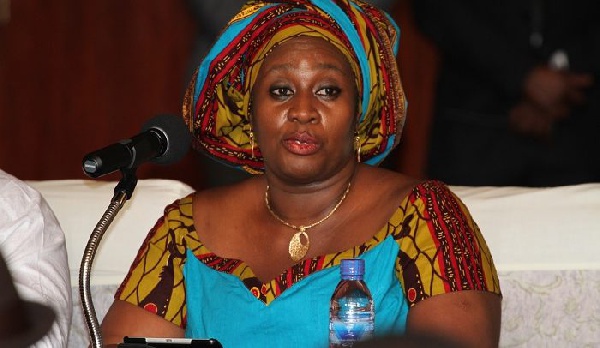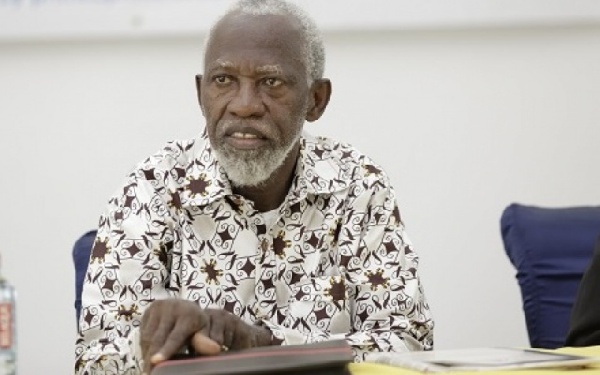
GII engages private sector on Business Integrity and corruption

The Ghana Integrity Initiative has taken the fight against corruption to the private sector by engaging players in a Multi-Stakeholder Business Integrity and corruption in the Volta Regional Capital, Ho.
The Forum which happens to be the first is meant to reach all the ten administrative regions in Ghana in an effort to build consensus on the subject matter to help curb the incidence of corruption in Ghana.
According to the Programmes Manager of the Ghana Integrity Initiative (GII), Mary Awelana Addah, the project aims at forming Business Integrity Platforms at the Regional level where businessmen and women will discuss the ease of doing business and the bottlenecks that affect the private sector vis-à-vis their engagement with the public sector.
Views collated will be used in developing policy briefs and eventually forming the basis of a national advocacy on anti-corruption.
‘’We hope to achieve business environment that is standard and comparative to any multinational business out there in the developed world, where integrity, transparency and higher levels of openness is the key benchmark of how they do their business,” said Mary Addah.
The Pilot of the Regional Business Integrity Platforms will be rolled out in five regions, namely, Volta, Greater Accra, Western, Northern and Ashanti regions. This will involve 10 districts from each of the five regions.
Mary Awelana Addah stressed that the supply side of corruption is largely individuals and business people, hence, the need to get the private sector involved in the fight against corruption.
Insider Trading
Speaking to JoyNews on the sidelines of the Regional Multi-Stakeholder meeting in Ho, Mary Awelana Addah, bemoaned the practice of insider trading among public servants and officials.
She said that is the bane of corruption in the public sector.
‘To be in-house and register companies that are now tendering competitively with others in the private sector means there is an unfair system going on,” said the Programmes Manager of GII
She described the practice as wrong, criminal, and an act that must be condemned by all.
Incentive for Corruption
An Economics and Entrepreneurship Lecturer at Ho Technical University, Harrison Adzimah, called on government to enforce security at the borders instead of restricting import points for certain products, such as textiles.
He said that import point restriction in itself creates an avenue for smuggling to the detriment of revenue for the state.
‘’It’s unfair. Even if you say people should import through Tema, and we don’t enforce the security at the borders, people will still go in and smuggle the products,‘’ Harrison Adzimah stressed.
He also cautioned against higher tariffs on certain imported products, describing the policy as unfair and an incentive for corruption at the borders.
‘’Higher tariffs on certain imports do not resolve our problems. That in itself can create its own problem. Once the import tariffs are high, there will be a lot of incentives not to comply and pay customs officers to bring the goods cheaply’’ said Harrison Adzimah.
One of the participants, Frank Agbeve, bemoaned the overly politicised processes of securing contracts from successive governments. He called for the proper functioning of the administrative structures of government to give confidence to the private sector.
‘’Politics is too much. I want to plead with government to use the administrative structures to implement policies.






